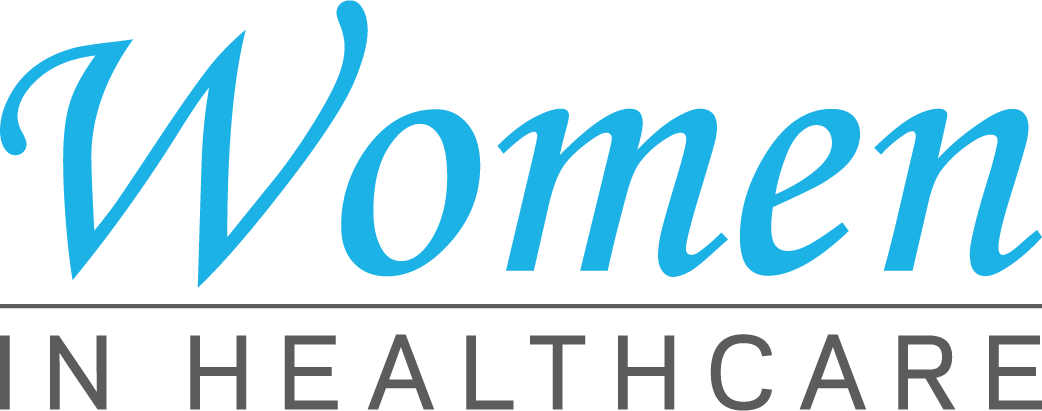Healthcare RCM Equipments to Make The Most Of Income and Reduce Denials
Healthcare RCM Equipments to Make The Most Of Income and Reduce Denials
Blog Article
Introducing the Conveniences of Medical Care RCM in Improving Performance and Precision in Profits Cycle Management
In the swiftly progressing healthcare landscape, the value of Earnings Cycle Management (RCM) can not be overemphasized (Healthcare RCM). As health care companies pursue accuracy and efficiency, RCM becomes a critical device in improving procedures, lessening mistakes, and improving economic outcomes. By integrating with Electronic Wellness Records and leveraging advanced modern technologies, RCM not only maximizes administrative jobs but likewise improves the insurance claims refining experience. This transformation holds the prospective to redefine economic performance and individual trust. Yet, what are the certain devices driving these enhancements, and just how can they be harnessed to their full possibility?
Simplifying Management Tasks

On top of that, the combination of electronic health and wellness records (EHR) with RCM systems helps with real-time data gain access to and sharing, allowing health care experts to make educated decisions quickly. This interconnectedness not only improves communication in between professional and management groups however also boosts client contentment by minimizing waiting times and payment discrepancies - Healthcare RCM. Furthermore, streamlined management processes enable better conformity with governing criteria, mitigating threats connected with audits and charges
Ultimately, the concentrate on refining administrative jobs in RCM causes cost savings and boosted monetary performance. By purchasing automation and enhancing workflows, healthcare companies can accomplish a more lasting income cycle, guaranteeing lasting feasibility and the ability to adjust to progressing industry needs.
Enhancing Claims Handling
How can health care companies improve the effectiveness of their cases handling? By utilizing automation and innovative analytics, RCM systems streamline the complicated and commonly cumbersome claims processing jobs.
In addition, real-time analytics play a pivotal function in improving insurance claims refining efficiency. These analytics tools offer understandings right into traffic jams and possible rejections, allowing healthcare carriers to address concerns proactively. Anticipating analytics can anticipate patterns in case rejections, enabling preemptive measures to reduce them, therefore decreasing the time taken for insurance claims to be processed and authorized.
Furthermore, the adoption of electronic health records (EHR) integrated with RCM systems guarantees seamless data circulation, lowering redundancies and increasing the accuracy of details sent in cases. A regular comments loop helped with by RCM systems even more refines the process, cultivating continual renovation.
Inevitably, by leveraging technology-driven remedies in cases processing, healthcare organizations can boost functional effectiveness, improve capital, and supply a smoother experience for clients and staff alike.
Reducing Economic Errors
Accurate economic administration is important in healthcare, where reducing economic errors can substantially impact functional success. Financial mistakes, whether because of incorrect payment, coding mistakes, or mismanagement of patient accounts, can bring about considerable revenue loss and stretched connections with payers and people. Attending to these errors is imperative to preserve a healthcare company's financial wellness and enhance its track record.
Healthcare Revenue Cycle Management (RCM) plays an essential role in lessening such errors with webpage structured procedures. By executing standard treatments for billing, coding, and collections, healthcare companies can guarantee that financial deals are managed with accuracy. Comprehensive training for team on existing coding policies and payment practices likewise reduces the probability of errors, ensuring insurance claims are appropriately refined and reimbursed.

In addition, extensive audits and normal economic evaluations within the RCM framework permit the early detection and improvement of inconsistencies. Ensuring accuracy in patient information entry and verification additionally mitigates errors, as this is frequently a key source of inaccuracies. By concentrating on these calculated locations, healthcare organizations can decrease financial errors, thereby safeguarding their income streams and improving general operational effectiveness.
Leveraging Advanced Technologies
In today's rapidly developing healthcare landscape, leveraging advanced technologies is important for optimizing Revenue Cycle Management (RCM) procedures. By incorporating sophisticated options such as expert system (AI), device knowing (ML), and robotic procedure automation (RPA), doctor can dramatically improve the efficiency and precision of their RCM procedures. These innovations assist in simplifying repeated tasks, reducing hand-operated errors, and enabling much faster processing of cases.

In addition, the assimilation of blockchain modern technology boosts information safety and transparency within RCM (Healthcare RCM). It guarantees that sensitive info is shielded while keeping an unalterable record of transactions. This is essential for building trust with stakeholders and people
Boosting Financial Efficiency
Building on the performances acquired through innovative innovations, medical care companies can considerably boost their monetary efficiency by improving their Income Cycle Administration (RCM) approaches. By optimizing invoicing procedures, decreasing claim denials, and improving cash money flow, healthcare organizations can accomplish much better monetary security.
Moreover, data analytics within RCM systems provide useful understandings right into functional traffic jams and economic fads. By leveraging these insights, healthcare companies can make view it educated choices to enhance economic end results, such as readjusting payment techniques or renegotiating payer agreements. Boosted precision in coding and documents better reduces claim rejections and audits, fostering a smooth revenue cycle.
Additionally, patient engagement devices incorporated within RCM systems improve individual satisfaction by giving clear payment info and versatile payment options. This openness not just enhances patient-provider connections however likewise encourages timely settlements, minimizing impressive balance dues.
Final Thought
Healthcare Revenue Cycle Monitoring dramatically maximizes effectiveness and accuracy by simplifying management tasks and boosting insurance Website claims processing. Via the decrease of monetary errors and the integration of innovative innovations such as AI and anticipating analytics, RCM assists in conformity with invoicing codes and gives valuable understandings into financial trends. This organized method not only minimizes potential claim denials however likewise increases monetary performance, thus cultivating count on and transparency with clients and stakeholders within the healthcare system.
As healthcare carriers aim for precision and effectiveness, RCM arises as a pivotal tool in streamlining operations, decreasing errors, and improving monetary outcomes.Improving management tasks in health care revenue cycle administration (RCM) supplies significant benefits by boosting functional efficiency and reducing the worry on staff.Health Care Earnings Cycle Management (RCM) plays a critical function in decreasing such errors through structured processes.In today's quickly advancing healthcare landscape, leveraging advanced innovations is crucial for maximizing Revenue Cycle Administration (RCM) processes.Building on the effectiveness obtained via advanced technologies, healthcare suppliers can considerably boost their financial performance by refining their Revenue Cycle Management (RCM) strategies.
Report this page